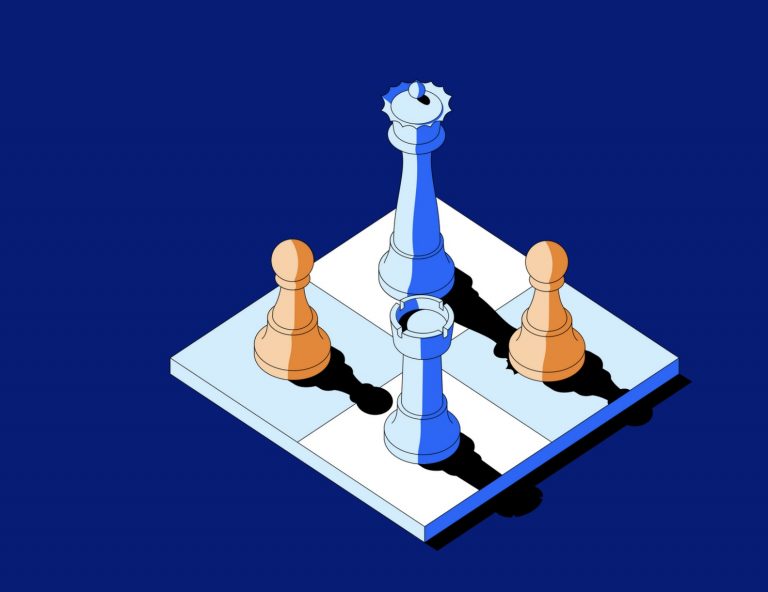Copenhagen conference about creativity, innovation and co-creation
The 10th European Conference on Creativity and Innovation, ECCI X is to convene on 14-17 October 2007. Its ambitious goal is to innovate innovation and the opening question is: “Is it possible to create a new type of convention on creativity and innovation?
Not by defining the terms again or addressing how it could be done better and faster, but how creativity and innovation could make a positive difference to the world.”
The conference will among other things focus on rethinking the dynamics between user, creativity and innovation.
Presentations from more than 30 difference nationalities will be held and ECCI X is expected to attract up to 400 participants from the entire world. Among the organizers is the network association IKI, Initiative for creativity and innovation and member of the board Lars Tolboe says to Børsen Business Daily:
“Creativity and innovation do not come automatically. We need to be committed! Therefore, it is also important that Copenhagen is hosting conventions such as ECCI where co-creation is not only a theme but is setting the framework with the result that focus has moved from speaking about co-creation to creating through co-creation. In my experience we will always have the best results when everybody is committed and contributes actively. This can also be seen in the events of our own association.”
The conference is a joined organisation of the Danish Initiative for Creativity and Innovation (IKI), the Copenhagen Business School (CBS), the European Association for Creativity & Innovation (EACI), and Zentropa WorkZ.
– Conference website
– Conference vision document (pdf, 12.6 mb, 9 pages – Don’t ask me why this file is so big)




I disagree with the assertion that creativity and innovation do not come automatically. First, I’d like to see a distinction made between creativity and innovation.
My sense of innovation is a refinement of something that already exists. But creativity, —which I find more interesting—is generative. It is giving birth to something new.
Creativity is innate in all of us. It is automatic. I’m convinced our education system deprives us of our natural curiosity, and risk. Education blinded by its reliance on logic. I am not saying logic is unnecessary. But it emphasizes the rational at the expense of the intuitive.
Commitment, as Mr. Tolboe says, is an authoritarian mandate. But what’s needed for fostering creativity is an environment in which we can be wrong; in which we can experiment, in which we can make a fool of ourselves. Creativity is about process not results. Yes, the results come from creativity, but if you look for them directly, they disappear. Results that are of value are a by product of the creative process. But without this more flexible way of being those that do not experience the creative process can only guess at what it is like. One problem as I see it, is that the more one’s perception is narrowed by institutional life, the less able one is to be able to understand the time requirements or the process of creativity. In other words, successful adults might be the last to know how to fail repeatedly which is a vital attribute to the creative process. Goal orientation or what I call ‘recipe culture’ are antithetical to creativity.
Take the example of children’s drawing. At an early stage they play. They imagine. They experiment. About the age of ten they become self-critical. They see how difficult it is to produce a figurative drawing. They want instant results. They want to compete. The experience and joy now take a back seat. The usual result is abandonment. But drawing (to stay with my example) is not about making pictures. It develops a way of seeing that goes far beyond the ability to name objects and maneuver through space. Drawing is an experience and a way to inhabit our personal world.
Creativity needs time to incubate. It needs a supportive experimental space not the clenched jaw and furrowed brow of externally mandated commitment. Creativity needs slow time.